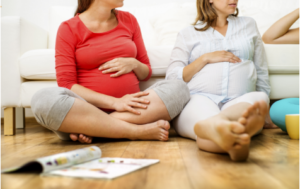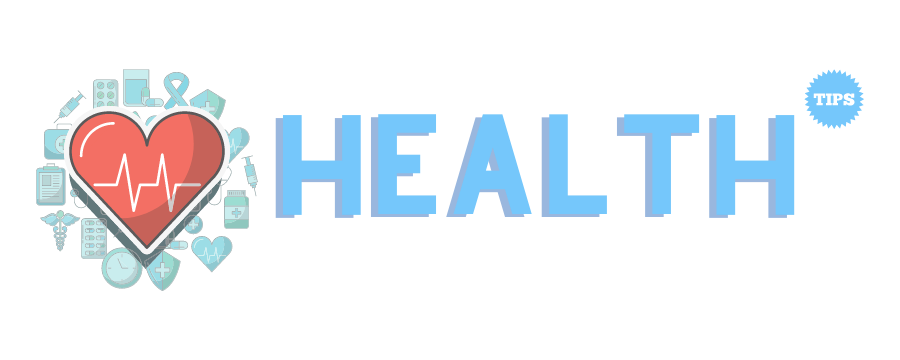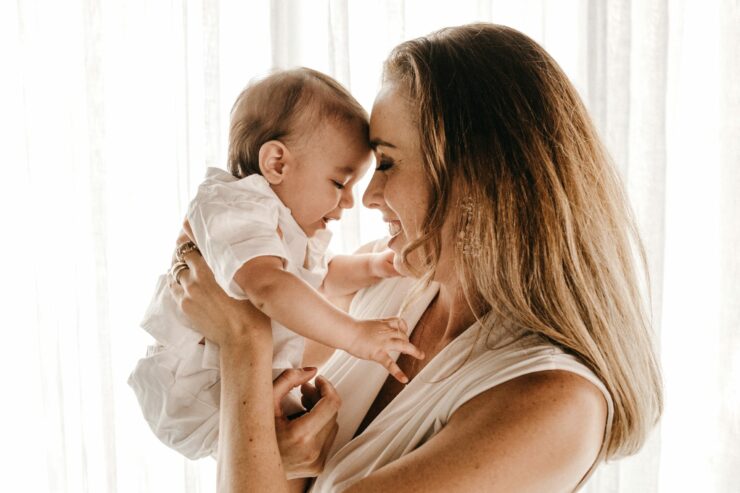Prenatal Care and Nutrition
If you know you’re pregnant, you will need some health care for yourself and your growing baby. You will need to schedule a doctor visit. You will need several checkups throughout the pregnancy. Make sure you follow your doctor’s advice and attend all visits. You will also need extra nutrients and calcium during pregnancy. Take a prenatal vitamin. Eat fruits, vegetables, whole grains, protein and dairy. Limit excess sugars and sodium. Make smart food choices to keep yourself and baby healthy. In the second and third trimesters you will need 300-400 extra calories each day. You will find some good nutrition and exercise for pregnancy tips here.
Signs of Labor
- Lightening- the baby has settled deeper into the pelvis and relieved some pressure. You can breathe easier without a baby pressing on your airway.
- Bloody show- the cervix starts to thin and relax, a mucus plug is released from the cervical opening. It appears as a blood-tinged mucus discharge.
- Membrane rupture- a gush of amniotic fluid is expelled when the amniotic sac begins to leak or breaks.
- Nesting- sudden wave of motivation and energy to get everything ready for the new arrival.
- Effacement- doctor checks the cervix as it thins near the end of pregnancy.
- Dilation- process of the opening of the cervix until it reaches 10cm for the birth.
What to Expect At the Hospital
After you arrive at the hospital you will be taken to labor and delivery. You will be monitored, baby’s heart rate will be checked, and your contractions will be timed. They will check your cervix for effacement and dilation status. They may swab to test for amniotic fluid to find out if your water broke. If nurses determine you’re in labor you will be trading your duds for a gown. You will have an IV, a catheter to catch your urine, and several monitors. Next comes the sometimes lengthy labor process with intense pain, pressure, and contractions.
Coping with Labor and Delivery

There are many techniques women can use to help with pain during labor and delivery. Some women opt for an epidural procedure to eliminate pain, others use IV medications to dull the pain in the early stages. Some women choose not to use medication at all. Labor and delivery tips like: mental relaxation, soothing techniques, and having a birth support partner can be very helpful. Meditation, relaxing music/ sounds, an object or picture to focus on, breathing techniques and self-affirmations are all helpful coping tools. Its important to find ways to relax and soothe yourself.
Post Delivery
After all that hard work is over, the baby is looked over and placed on mom’s chest for bonding. The doctors have to control your bleeding and repair any tears or injuries you may have sustained from the birth. Once you are both stabilized, you will be moved to a postpartum room. There you will start recovering and getting around just a bit. You really wont be able to lift much more than your baby for a month or so. You will be sore and walking very carefully for the first week or so.
Healing and Newborn Care
You need to stay hydrated and rest as much as possible. You will be sore and might have special care instructions or medications to take home. Focus on feeding, bonding, and newborn care. Keep your baby clean and dry. Make sure they are comfortable, not too warm or cool. Keep their bed free of toys and loose blankets. Lie babies on their backs to sleep. Here are some ways to bond with a newborn:
- Talk to the baby and sing lullabies or tell nursery rhymes.
- If the weather is mild, take the baby for a short walk.
- Read the baby a book.
- Make eye contact with the baby.












